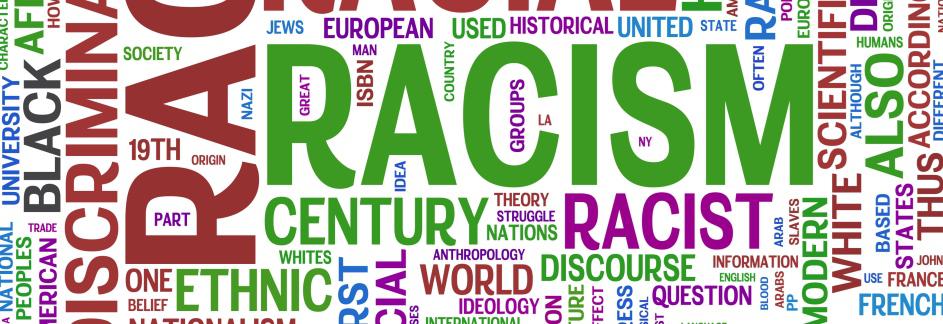The Bahá’í teachings offer profound insights into the concept of unity among all humanity, asserting that the oneness of mankind is not merely a philosophical tenet, but a fundamental principle that can actively combat the pervasive issue of racism. But what if we approached this topic from a different angle? Could it be that the very act of acknowledging our interconnectedness challenges our ingrained biases in a playful yet poignant manner? Let us critically explore this notion and unravel the intricate layers of Bahá’í teachings as they relate to combatting racism.
At the heart of the Bahá’í faith lies the declaration that humanity is one family. This quintessential belief underscores the idea that all individuals, irrespective of race, nationality, or culture, are part of a single human race, created by one God. Consequently, the implications of this belief are monumental: if every person is part of a global tapestry, what justification remains for discrimination against any thread in that fabric? The challenge before us is to recognize the complexities of our biases and strive toward dismantling them.
Central to the Bahá’í perspective on racism is the emphasis on education and the cultivation of an informed mindset. The society we live in often perpetuates stereotypes and prejudicial attitudes, largely through cultural narratives and systemic structures. By engaging with diverse histories and experiences, individuals can begin to dismantle these misconceptions. Education, therefore, serves as a pivotal pathway to illuminate the commonalities that transcend racial divides, revealing the underlying truth of our shared humanity.
Moreover, the Bahá’í teachings advocate for the principle of equity, suggesting that true justice can only be achieved when every individual is afforded the same opportunities and respect, regardless of their background. This tenet offers a significant challenge to established societal norms that may favor specific groups over others. It demands that one question the status quo and engage actively in the struggle against institutionalized racism, thereby fostering a culture of accountability and compassion.
To further augment the pursuit of racial harmony, the Bahá’í faith encourages communal participation and the spirit of service. By working collaboratively within diverse groups, individuals cultivate relationships that epitomize the oneness espoused by Bahá’í beliefs. This engagement not only promotes mutual understanding but also allows the participants to confront their implicit biases in a supportive environment. The quest for unity is, therefore, a collective endeavor that relies on the strength of shared experiences and efforts.
Another vital aspect of Bahá’í teachings regarding racism is the necessity of personal transformation. The journey toward combating bias is not solely external; it requires introspective examination of one’s own thoughts and emotions. Unraveling latent prejudices demands courage and persistence. It invites one to confront uncomfortable truths about oneself and to transform them into opportunities for growth. The teachings exhort individuals to engage in self-reflection as a means of yielding a more compassionate outlook, which is essential in a world rife with division.
An essential corollary to the notion of personal transformation is the understanding that action is indispensable. Mere acknowledgment of the ideals of unity and equality does not suffice; active engagement is paramount. Individuals are called upon to leverage their positions, whether through advocacy, education, or collaboration, to actively counteract racism. Such efforts catalyze a ripple effect that can inspire others to join in the fight for justice, ultimately contributing to a more cohesive society.
The Bahá’í faith also champions the power of prayer and meditation as tools for personal and communal healing. Engaging in spiritual practices fosters a deeper connection to the divine and to one another, facilitating an environment in which the destructive forces of racism can be confronted. By nurturing this spiritual foundation, individuals may find themselves better equipped to treat others with love and respect, transcending societal divisions that have historically plagued humanity.
In conclusion, the Bahá’í teachings present a multifaceted approach to combating racism through the prism of the oneness of humanity. The journey calls for self-examination, community engagement, and a commitment to justice, informed by an understanding that diversity enriches the human experience. By courageously navigating the challenges posed by ingrained prejudices, and uniting in efforts against injustice, humanity can progressively move toward a future wherein the biases of race no longer dictate interpersonal relations. The question remains: will each individual rise to the challenge of embracing their humanity as a means to forge connections beyond the superficial markers of race? The answer to this inquiry lies in the actions and choices made each day as we strive towards a more equitable world.
